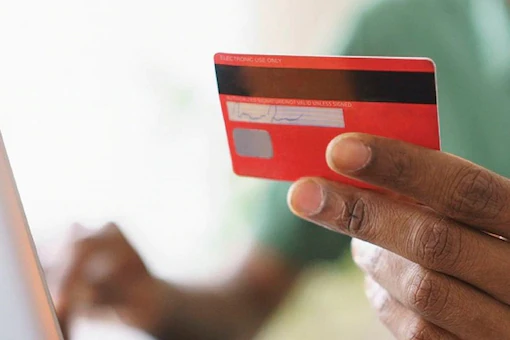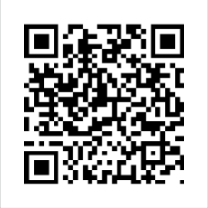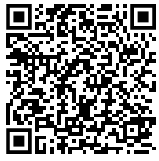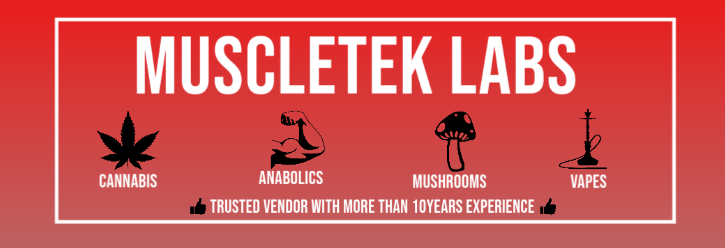Debit or Credit Card be Hacked in Just 6 Seconds. Know How to Protect Them from Fraud
Always avoid using public network for making any financial transactions and also don’t use public hotspots or Wi-Fi in hotels, airports or any other such places

At a time when the world is relying on the internet for carrying out various works during the pandemic, cybersecurity becomes extremely important. Financial transactions are always on the target of malicious hackers. A report released by NordVPN shows that using a computer, an average payment card can be cracked in only six seconds.
The global VPN service provider, used by millions of internet users worldwide, analysed four million payment cards from 140 countries and has found ‘brute force’ as the most common method to hack a payment card.
This type of attack is incredibly quick and can be executed in a matter of seconds, it said.
NordVPN Chief Technology Officer Marijus Briedis said, “The only way such a huge number of payment cards could appear on the dark web is through brute-forcing. That means that criminals try to guess the card number and CVV.” RELATED NEWS
Briedis added that the first 6-8 digits are the card issuer’s ID number. “That leaves hackers with 7-9 numbers to guess because the 16th digit is a checksum and is used only to determine whether any mistakes were made when entering the number. Using a computer, an attack like this can take only six seconds.”Advertisement
To guess the nine digits that are needed to have a full card number, a computer has to go through one billion combinations, Briedis said. “And, it will only take one minute for a typical computer, which can try around 25 billion combinations per hour.”
However, depending on the card issuer, a criminal may need only seven digits to make a correct guess. “In this case, six seconds would be enough,” he said.
What Debit, Credit Card Users can Do
Briedis said card users need to review their monthly statements for suspicious activity and respond quickly and seriously to every security notification from your bank.
“Another recommendation is to have a separate bank account for different purposes and only keep small amounts of money in the one your payment cards are connected to. Some banks also offer temporary virtual cards you can use if you don’t feel safe while shopping online,” he added.
In September last year, the Reserve Bank of India (RBI) had also warned public against upticks in fraudulent activity.
Through a tweet on September 13, the central bank had cautioned people against bank fraud related to Know Your Customer (KYC) documents. The apex bank warned people on its tweet and its press release against sharing their personal account-related information with scammers.
The central bank also said people should not share certain personal details such as login information, card details, PIN number or even one-time passwords.
The tweet issued by the RBI said, “RBI cautions against frauds in the name of KYC updation.”
In a statement, the RBI also said, “The usual modus operandi in such cases include receipt of unsolicited communication, such as, calls, SMSs, emails, etc., by customer urging him/her to share certain personal details, account/login details/ card information, PIN, OTP, etc. or install some unauthorised/ unverified application for KYC updation using a link provided in the communication.”Advertisement
It added that such communications are also reported to carry threats of account freeze/ block/closure. “Once customer shares information over call/message/unauthorised application, fraudsters get access to customer’s account and defraud him/her.”
“Members of public are hereby cautioned not to share account login details, personal information, copies of KYC documents, card information, PIN, password, OTP, etc. with unidentified persons or agencies,” added the apex bank.
Found this interesting? Then check our main news page where you can find all articles related to Crypto, Crime, Darknet, Security and much more!




















